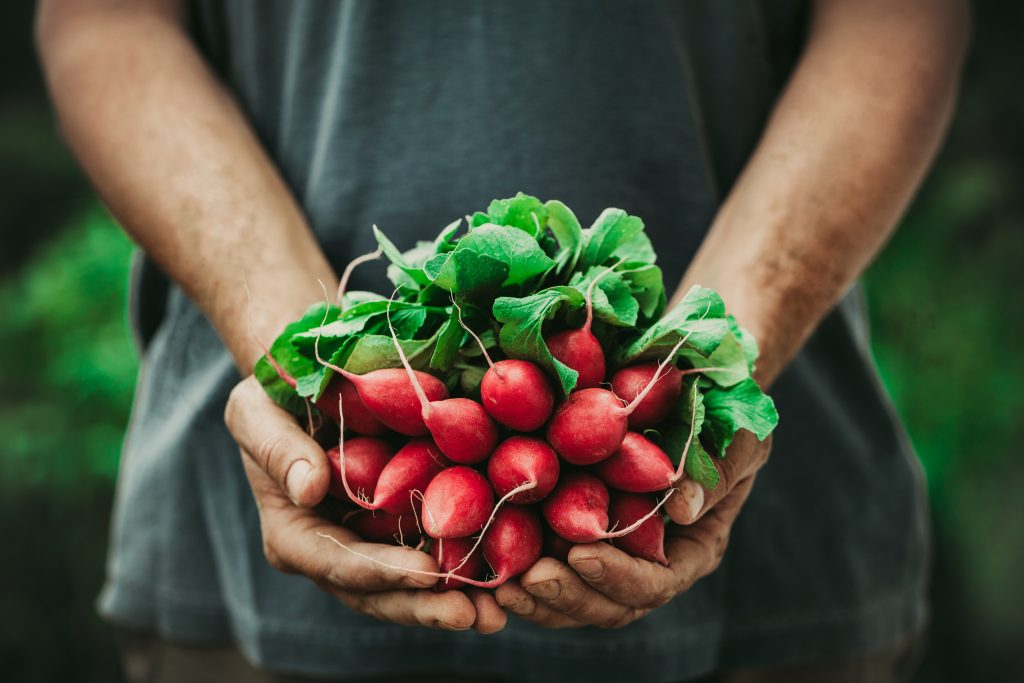The radical transformation of the global food system

Global food production threatens climate stability and ecosystem resilience. It is the major driver of environmental degradation and transgression of planetary boundaries. Overall, the consequences are serious. A radical transformation of the global food system is urgently needed.
Never has respect for the balance between systems been so evident.
This is one of those moments when we should consider an interconnected systemic transformation to ensure a balance that can safeguard our priorities of health, food security, and employment when this crisis is over and the health of the planet at the same time. With all the information available to us, we should have realised by now that maintaining sustainability is essential for all systems to function as a real chain of transmission As an advanced society, we should realize that we must anchor the base, that is, sustainability, so that all systems flow as a true chain of transmission.
To safeguard the priority of feeding the whole world and to make a radical transformation of the global food system, the systemic change, it will be necessary to produce more with fewer resources, waste less, change our way of thinking and consumption, incorporate sustainability principles within agri-food sector, and complement and integrate with other areas of knowledge that are very different from those previously followed in food production.
To this end, we have certain fundamental obligations to address: to slow down the deterioration of diets throughout the world – in both developed and impoverished countries – and to strengthen the short circuits of food production and distribution.
This requires the development and implementation of a global model of food sustainability, promoting partnerships and alliances that pursue the same objective, taking advantage of the economic, social and cultural peculiarities of each territory and avoiding individualism.
In parallel with the health crisis, we must ask ourselves whether the objectives of the sustainable food systems of the future are set to achieve a balance between production and consumption. The rural world has an essential role to play in this holistic approach.
The rural depopulation that we are witnessing, with the abandonment of agricultural and livestock activities, forest management, and therefore the desertification of these areas that balance the natural ecosystem of the territory, are becoming more evident than ever. With a pandemic hitting the planet, when many places in the world are preparing for the harvest, it is necessary to sustain the economy of local farmers, small producers and local trade. Let us not forget that it is they who produce the vast majority of the healthy, sustainable food that fill our plates with nutrients.
Easily implementable changes
Policy change of any kind is complex due to the number of actors involved and the lengthy implementation period needed.
Consumers can get ahead in translating their behaviour into smart policies. For Example During the lockdown we have seen how food waste has been reduced, we have turned to healthier menus, we have seen how local shops have digitalised to give greater access to fresh and seasonal products.
This change in behaviour can be an opportunity to implement specific public policies that focus on healthy and sustainable nutrition for all, excluding the consumption of ultra processed foods and sweetened drinks and instead encouraging the intake of fresh and local foods such as fruits, vegetables, legumes, meat and fish.
It is time to rethink our way of consuming and feeding ourselves on a global scale, promoting the food solidarity of all regions and cities, relocating consumption towards a purchase of proximity, encouraging small-scale agricultural and fishing production, with much more sustainable practices, dignifying the rural world and its development, avoiding depopulation and therefore the abandonment of lands and forests, activities that are key to maintaining the balance of ecosystems and that of our planet.
Resilient Food Systems and Diets is one of the 8 Deep Demonstrations of Climate KIC on which it builds its Transformation, in timestrategy to achieve systemic change that will help us achieve the goal of a carbon-neutral society, on time.
